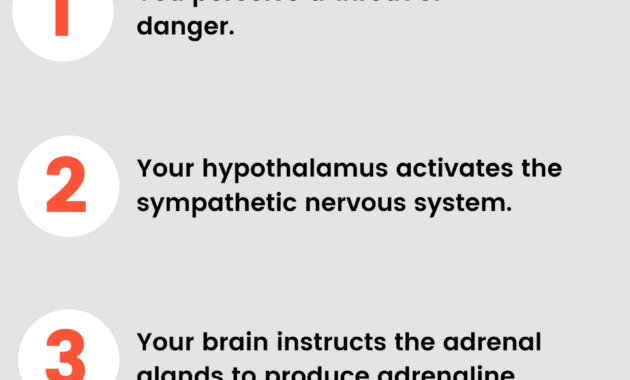Dr Allan McCay, a scientist and lawyer from the University of Sydney has proposed implanting a chip into the criminal brain to suppress crime. Installation of the chip into the criminal brain is believed to be very influential in law enforcement efforts in the future.
Dr. Allan McCay said that currently neurotechnology is developing very rapidly. Technology that interacts directly with the brain, or nervous system, has undergone many new innovations. The technology can no longer only monitor and record neural activity but also influence and suggest action.
“Neurotechnology can not only be implanted in the brain but can also be in the form of a headset, bracelet or helmet,” explained Dr Allan McCay.
Currently, according to him, neurotechnology has been useful in treating patients with Parkinson’s and epilepsy. In the future, neurotechnology can be used to treat schizophrenia, depression and high anxiety.
From there he saw the potential of neurotechnology in criminals. Later the brains of criminals can be monitored and also influenced to stop committing crimes.
“This technology provides an opportunity to monitor and possibly even intervene in the brains of perpetrators through neurotechnology devices while they are serving their sentences in society,” he said.
However, according to him, the idea needs clear legal support. The reason is that intervention efforts through neurotechnology on criminals are against the law. According to him, criminals may think it violates their privacy.
“This technology will actually be coming soon, we just have to think about the regulation. Real action is needed because there are already many investors who already want to run this neurotechnology,” he explained.
One of the parties that is developing neurotechnology is Neuralink , which was founded by one of the richest people in the world, Elon Musk. This year, Neuralink plans to conduct trials of implanting computer chips in humans.
“Neuralink is working very hard to safely implant and communicate with the FDA (U.S. Food and Drug Administration). If all goes well, we may be able to test in humans later this year,” said Elon Musk.


